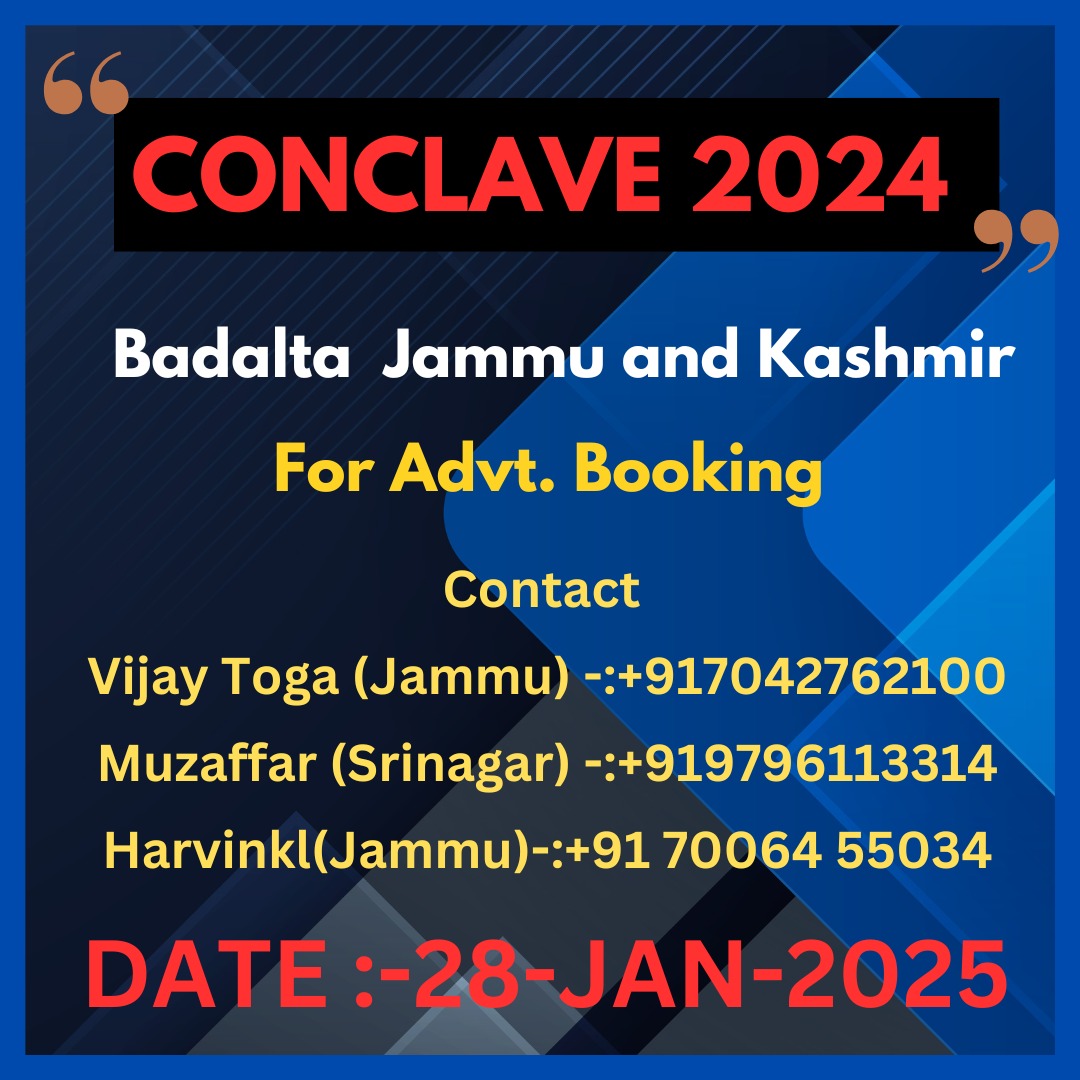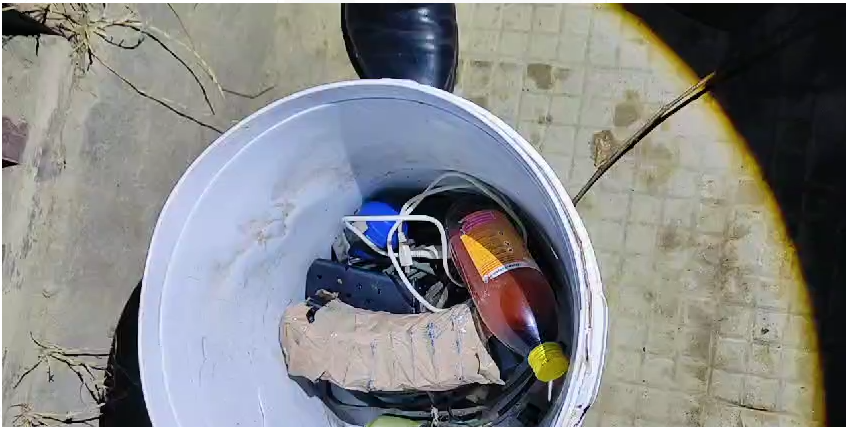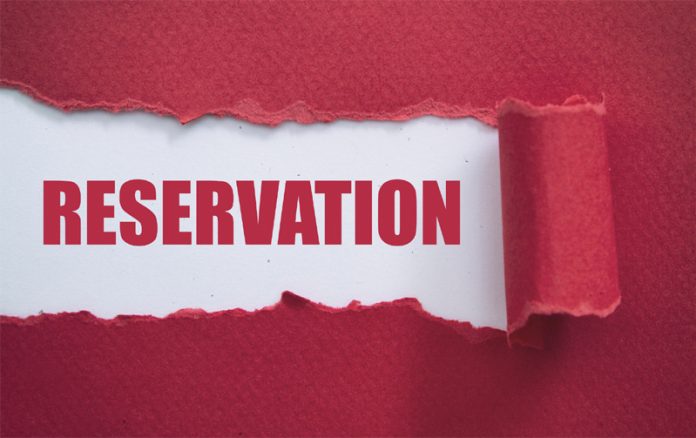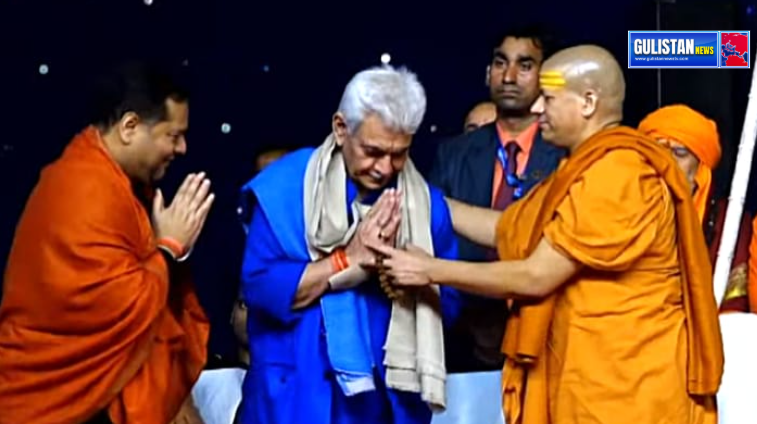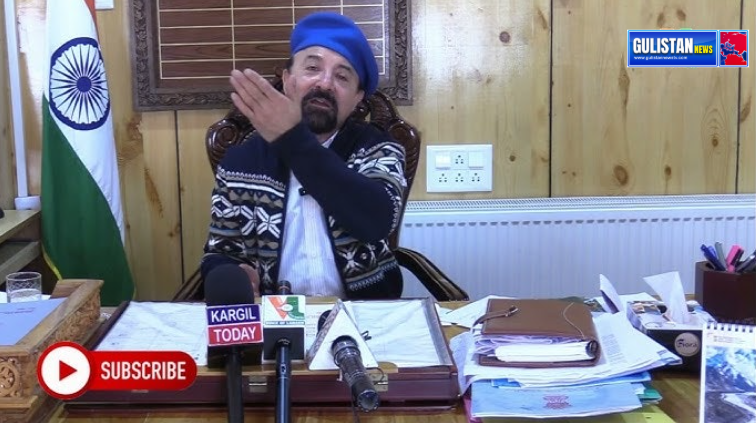Senior BJP leader and party’s spokesman for JK, Altaf Thakur said that the hectic efforts of Prime Minister Narendra Modi and Union Home Minister Amit Shah, Kashmir will be witnessing a first Lok Sabha polls without separatists’ boycott call as the valley has witnessed huge transition since 2019.
In a statement issued here, Thakur said that the areas like Ghanta Ghar (clock tower), Nowhatta, Jamia Masjid, Gojwara, Rajouri Kadal, cement kadal, Eidgah and other areas, where stone pelting and shutdown was a routine, are now resonating with the slogans of change and political parties taking out huge rallies without any fear. Thakur said this is the change people of Kashmir were desperately waiting for.
Thakur said people will enjoy the polling in Kashmir as there is no fear of violence. He said political leaders are giving loud messages of peace and seeking votes from Lal Chowk where once stone pelting and Hartal Calendars were being issued.
The Bharatiya Janata Party is a political party in India and one of the two major Indian political parties alongside the Indian National Congress. Since 2014, it has been the ruling political party in India under the incumbent Prime Minister Narendra Modi. The BJP is aligned with right-wing politics and has close ideological and organisational links to the Rashtriya Swayamsevak Sangh (RSS) volunteer organisation. As of January 2024, it is the country’s biggest political party in terms of representation in the Parliament of India as well as state legislatures.
The party’s origins lie in the Bharatiya Jana Sangh, which was founded in 1951 by Indian politician Shyama Prasad Mukherjee, after he left Hindu Mahasabha to form a party as the political wing of RSS. After the Emergency of 1975–1977, the Jana Sangh merged with several other political parties to form the Janata Party; it defeated the then-incumbent Indian National Congress in the 1977 general election. After three years in power, the Janata Party dissolved in 1980, with the members of the erstwhile Jana Sangh reconvening to form the modern-day BJP. Although initially unsuccessful—winning only two seats in the 1984 general election, it grew in strength on the back of the movement around Ram Janmabhoomi in Uttar Pradesh. Following victories in several state elections and better performances in national elections, the BJP became the largest political party in the Parliament in 1996; however, it lacked a majority in the lower house of Parliament, and its government, under its then-leader Atal Bihari Vajpayee, lasted for only 13 days.
Also Read: Dumper driver passes away of in Kounserbal



